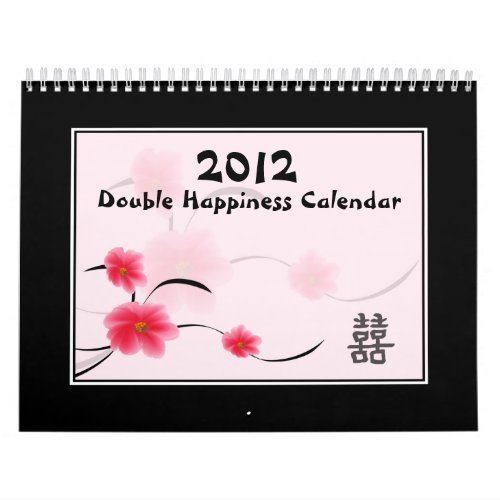During the reign of Tang dynasty, a young boy was on his way to the capital to appear for an examination, the results of which would qualify him with highest marks to become a minister in the royal court. On the way, he suddenly fell ill. While he was passing through a mountainous village, he came across an herbal practitioner who took him to his home. Thanks to the doctor, and his young daughter, the young boy recovered soon.
It was difficult for the young boy to leave the doctor's house when he was well again, as he had fallen in love with the doctor's daughter during his stay there. Before the boy left, the young girl wrote down the right hand part of a couplet for the boy. He left their house, promising that he would marry her as soon as he finished the examination.
The young boy successfully passed the examination and received the highest score. The emperor showed appreciation for boy's knowledge. During his interview with the boy, the king asked him to complete the right hand part of a couplet. Suddenly, the young boy remembered what his young love had written for him. Realizing that it was perfect answer to the emperor's couplet, he answered the emperor with her words. The emperor was more than happy with his reply, and soon appointed him as a minister in the court. He also permitted the boy some time to visit his hometown before assuming the office.
The young boy went straight to the young girl and told her everything about the examination. He kept his promise to her, and they got married. On their wedding day, both of them wrote the same right half of a couplet, which had kept them together. This is how the double happiness character came to be.

